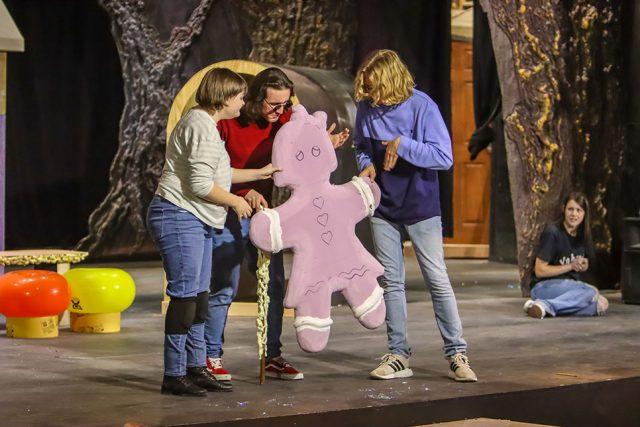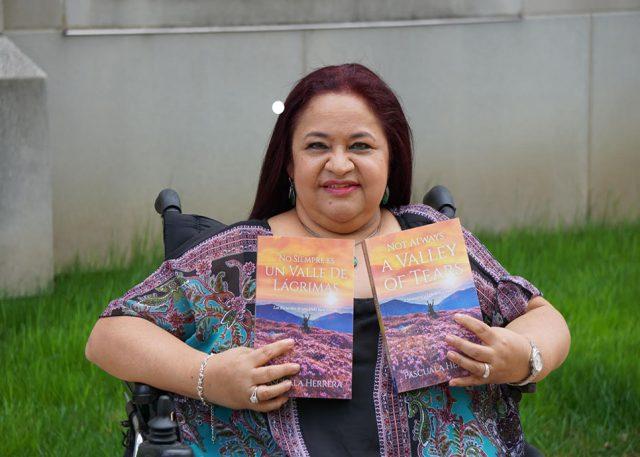
JUAN SALINAS II
campus editor
juan.salinas465@my.tccd.edu
Feb. 23 Russian President Putin went ahead with the invasion of Ukraine.
“What is happening in Ukraine is horrific,” said NE economics associate professor Oksana Zhuk, who is Ukrainian. “Russia is targeting with their missiles and aviation kindergartens, schools, orphanages, hospitals, ambulances, blood supply storages, apartment buildings and residential areas in general. These are crimes against humanity.”
Zhuk feels if Putin is not stopped, Russia will continue its campaign to the other Baltic states — Lithuania, Latvia and Estonia — and she is glad that the U.S. and the rest of Europe have responded strongly to this crisis.
“I want to thank the American government and the American people for their support of Ukraine in this very difficult time,” she said
Russia’s actions have resulted in a plummeting stock market and oil prices surging past $100 for the first time since 2014.
In the following days, NATO nations responded in multiple ways such as sanctions that affect Russian elites in Putin’s inner circle, and delaying the “Nord Stream 2” — a pipeline that would double the amount of oil flowing from Russia to Germany.
SE government professor Michael Williams stated the U.S. must answer some uncomfortable questions moving forward.
“I don’t know that Americans are willing to get involved in a hot war after just ending the war in Afghanistan, so this is another crisis that Biden probably would rather not have since seemingly he has faced a series of crises that have no easy decisions, and which have not gone so well for the president,” he said.
Williams fears the only way to deter Russia is a boots-on-the-ground operation.
“His choice of escalation and de-escalation will be criticized as it has been by both parties,” South history adjunct instructor Joseph Johnson said. “The question of military involvement from the U.S. will loom throughout this issue.”
U.S. sanctions will include blocking Russian banks from Society for Worldwide Interbank Financial Telecommunications, which is what allows nations to transfer funds with each other. It will also cut off tech imports.
“This conflict will affect Europe more than the U.S.,” Johnson said. “The majority of Germany’s natural gas comes from Russia and they have already taken measures to cut that off. This level of economic strain on Europe could have rippling effects on the U.S. Any cutoff in commerce with Russia itself will also affect the U.S. I do not know the extent of these effects.”
He said that Russia’s cyberattacks targeted at the U.S. and other NATO nations could be on the rise.
“I do believe that Putin sees the current divisions in the U.S. as a sign of weakness,” TR adjunct history instructor George Fleming said.
Fleming feels that Biden has responded in the right way with the sanctions, but people need to be vigilant about how China will react.
China was the only nation to not put sanctions on Russia and accused the U.S. of creating “fear and panic” in a press conference given by China foreign ministry spokesperson Hua Chunying.
“Will it support Russia and will China see this as an opportunity as far as the ongoing situation/tensions with Taiwan,” Fleming asked.




































